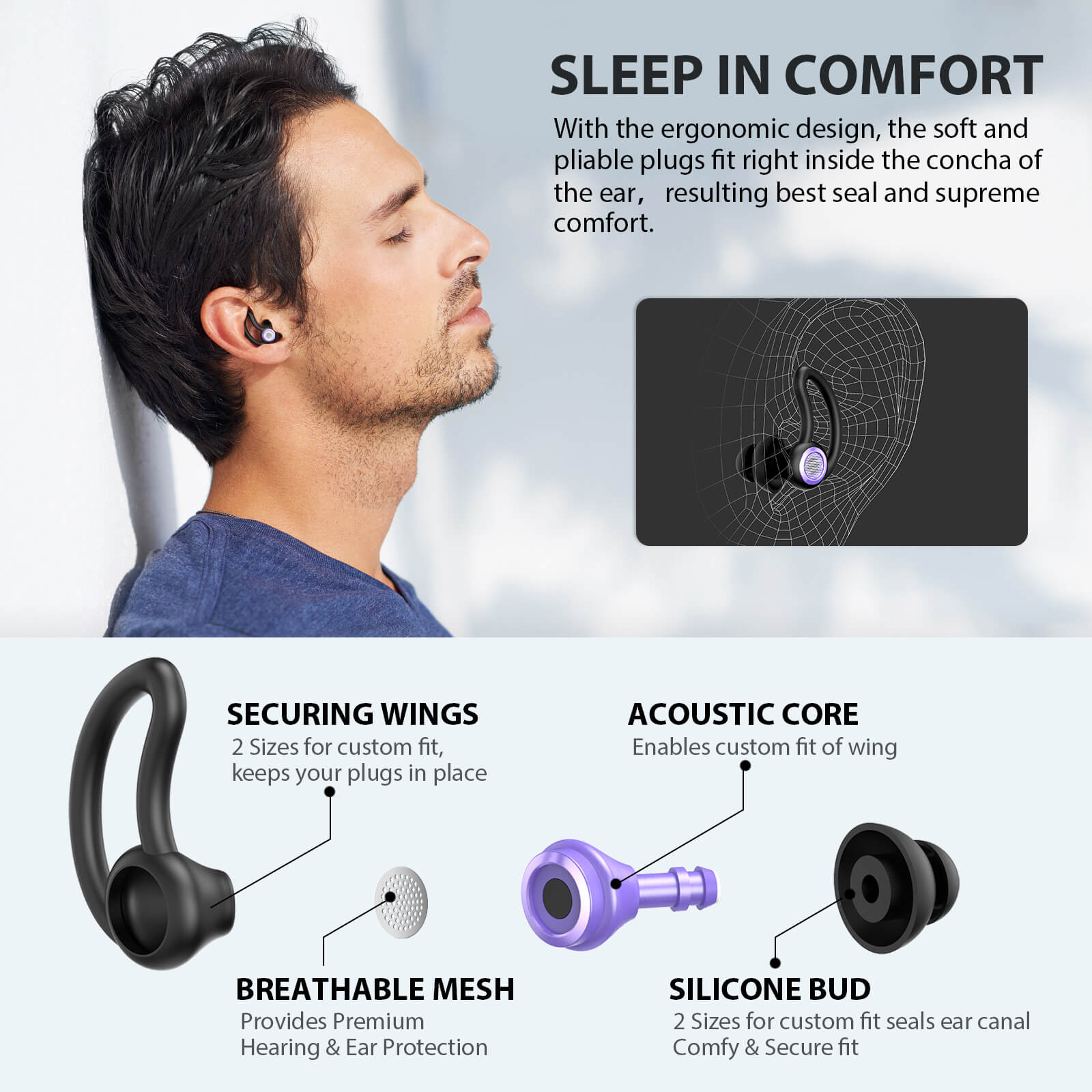<!DOCTYPE html>
Noise Cancelling Ear Plugs
When it comes to protecting your hearing in a noisy work environment, choosing the right noise cancelling ear plugs is crucial. Whether you work in construction, manufacturing, or any other industry with high noise levels, finding ear plugs that meet your specific needs is essential for your safety and comfort. In this article, we will explore the factors to consider when selecting noise cancelling ear plugs for your specific industry needs.

Understanding Your Specific Industry Needs
Before diving into the world of noise cancelling ear plugs, it is important to understand the specific requirements of your industry. Different industries have varying noise levels and types of noise exposure. For example, construction sites may have loud machinery and equipment, while manufacturing facilities may have constant background noise. By identifying the noise levels and types of noise you encounter in your industry, you can better determine the level of noise reduction needed from your ear plugs.
Factors to Consider
When choosing noise cancelling ear plugs, several factors should be taken into account:
1. Noise Reduction Rating (NRR)
The Noise Reduction Rating (NRR) is a measure of how effectively ear plugs can reduce noise. It is typically displayed on the packaging of ear plugs and ranges from 0 to 33 decibels. The higher the NRR, the greater the noise reduction. Consider the noise levels in your industry and choose ear plugs with an appropriate NRR to ensure adequate protection.
2. Comfort and Fit
Comfort is key when wearing ear plugs for extended periods. Look for ear plugs made from soft and hypoallergenic materials that won't cause irritation. Additionally, consider the shape and size of the ear plugs. Some ear plugs are designed to be universal, while others offer customizable options for a better fit. Experiment with different styles to find the most comfortable and secure fit for your ears.
3. Durability and Reusability
Depending on your industry, you may need ear plugs that can withstand harsh conditions or frequent use. Look for ear plugs made from durable materials that can withstand moisture, dirt, and other environmental factors. Additionally, consider whether you prefer disposable ear plugs or reusable ones. Disposable ear plugs are convenient but can be costly in the long run, while reusable ear plugs require proper cleaning and maintenance.
4. Communication Needs
In some industries, effective communication is crucial for safety and productivity. If you need to communicate with coworkers or hear important instructions while wearing ear plugs, consider ear plugs with special features such as filters or vents that allow for better communication while still providing noise reduction. These ear plugs can help maintain a balance between protecting your hearing and staying connected with your surroundings.
Conclusion
Choosing the right noise cancelling ear plugs for your specific industry needs is essential for protecting your hearing and ensuring your comfort at work. Consider factors such as the Noise Reduction Rating (NRR), comfort and fit, durability and reusability, and communication needs when selecting ear plugs. By understanding your industry's noise levels and types of noise exposure, you can make an informed decision and find ear plugs that meet your requirements.
For more information on noise cancelling ear plugs and workplace safety, please visit the following credible sites: